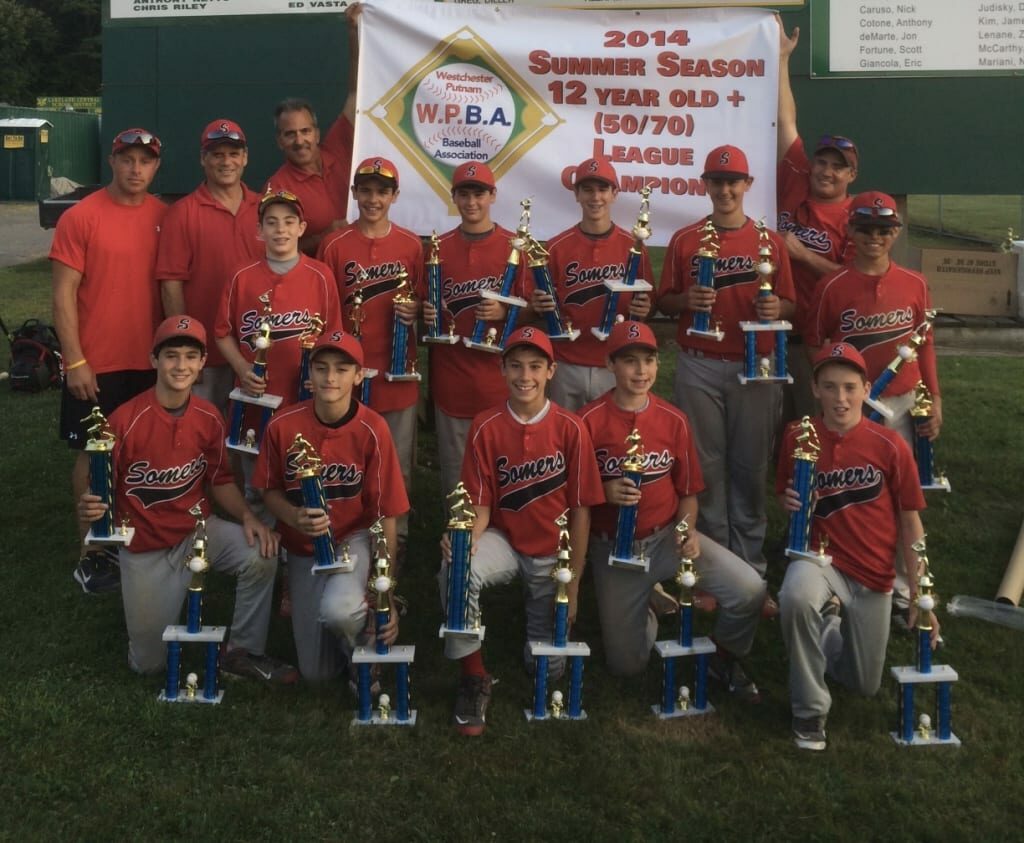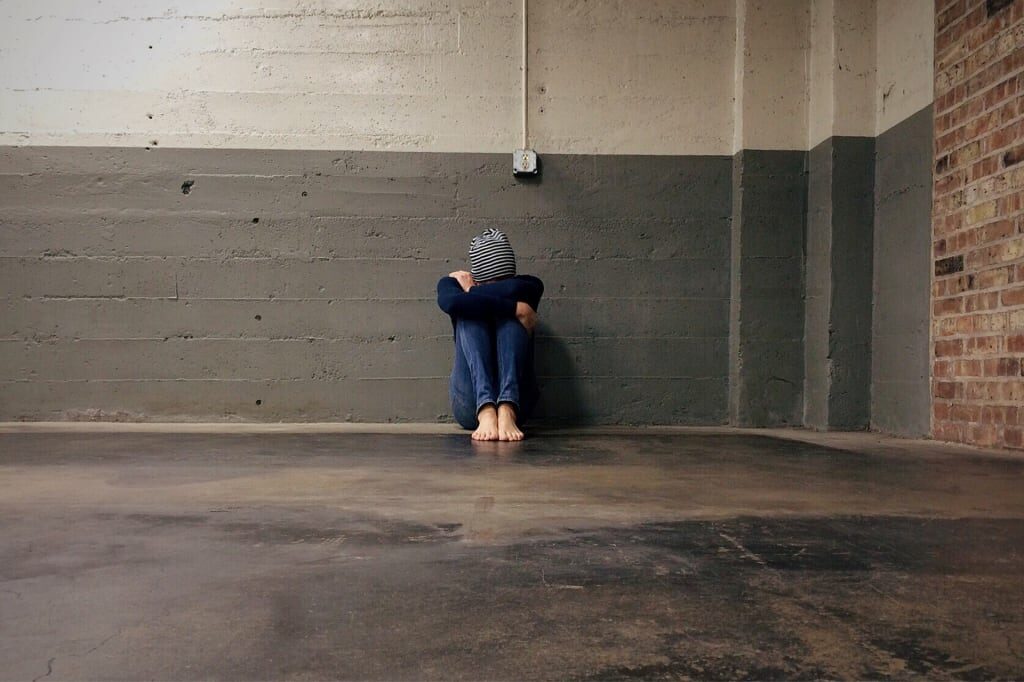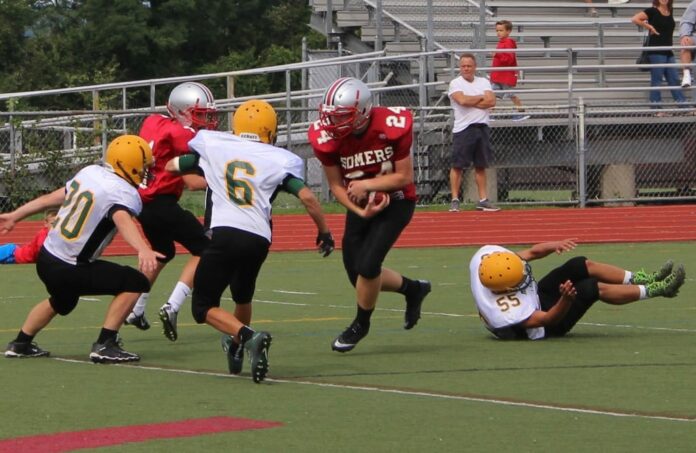( ENSPIRE Sports ) How About We Just Let The Kids Play
ENSPIREd Contributor: Rich Monetti
You don’t have to go too far to hear parents lamenting the busy sports schedules they endure with their kids. I only wish I could have grown up in such a culture because there was an awful lot of sitting around in the 70s. Still, there must be a middle ground, and I wonder what the impact is when adults are always involved.
Organized sports are hierarchal based, and I’m amazed as I watch coaches get a group of eight olds functioning as a football team. I’ve long worked with children as a teacher’s aide, and I have a hard enough time getting five kids to go from one room to another.
Either way, being able to take direction and subject yourself to a set of rules are necessary to surviving life. Mastering such essentials on the playing field results in being able to compete, take pride in a team effort and hopefully win. The same goes for being able to rise up in the face of defeat.
Of course, the life lessons are abundant, and what impresses me most is what I’ve seen as a sideline reporter for the past five years. Win or loss, varsity athletes don’t let the emotions get the better of them and field questions with startling maturity. They remain respectful of their opponents and are ready to praise their teammates before themselves.
Still, it’s safe to assume that kids are prepared for the post-game, but coaching doesn’t ensure that they will have the strength to deliver what’s needed. So what’s the problem?

From my day job, I oversee some of the sports my kids play. I make decisions, and obviously kids are not always in agreement. So I try to soften the blow. I could be wrong, I tell them. Players make mistakes so can umpires. Or it was very close are you sure you’re right. But somebody has to decide, and it has to be me. Nice try, you can see any reasoning go in one ear and…
Should we expect any different, though? I’ve long seen the same dismay playing men’s softball at Reis Park in Somers when calls go against. The difference is kids are doing it with far fewer coping skills and are sure of one thing. An adult is imposing their will on them again. I think they might say, “Welcome to being a kid.”
But what would the adult interpretation be of an interaction where an imposing figure wields unyielding power. We’d call it bullying, and that’s the read I see on their faces.

Of course, I’m not putting bullying on sports—especially given the upside of competing. But the lack of balance must have an impact.
I do get to witness balance at work, and it is quite refreshing. Minus the hierarchy, they must deal with close calls, choosing fair teams, managing the different personalities, strategy and adapting the known rules to makeshift fields and limited time constraints.
So for the game to work, collaboration takes an important seat next to competition, and if they cannot master their home field, the game doesn’t last very long. This leaves them empowered rather than diminished by the usual hierarchy.
So the structured, competitive games seemingly going non stop, the prospect of feeling less than is just as ever-present. This can’t help the competitive mindset that already rules just about every aspect of being a child and worsens what we have long known. “Children can be cruel.”
The hard part then becomes how to provide this balance, while keeping them safe and not turning activity into inactivity. That part I’ll leave to you.
Please Like My Facebook Page.
Source: Vocal Media







